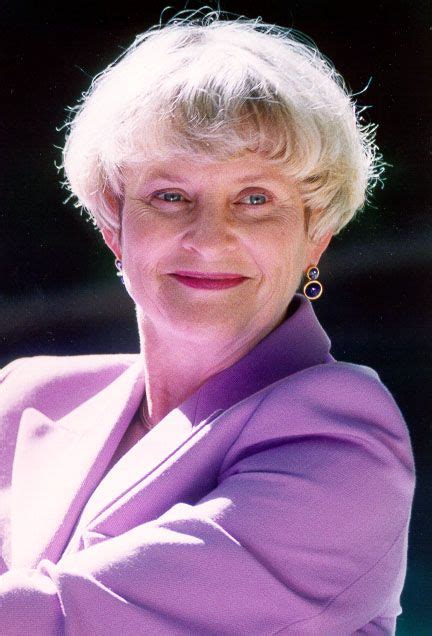A Quote by James Woods
The silent killer of all great men and women of achievement - particularly men, I don't know why, maybe it's the testosterone - I think it's narcissism. Even more than hubris. And for women, too. Narcissism is the killer.
Related Quotes
Many women, particularly young women, have claimed the right to use the most explicit sex terms, including extremely vulgar ones, in public as well as private. But it is men, far more than women, who have been liberated by this change. For now that women use these terms, men no longer need to watch their own language in the presence of women. But is this a gain for women?
Women have always been more critical of marriage than men. The great mysterious irony of it is - at least it's the stereotype - that women want to get married and men are trying to avoid it. Marriage doesn't benefit women as much as men, and it never has. And women, once they are married, become very critical of marriages in a way that men don't.
Men create their own gods and thus have some slight understanding that they are self-fabricated. Women are much more susceptible, because they are completely oppressed by men; they take men at their word and believe in the gods that men have made up. The situation of women, their culture, makes them kneel more often before the gods that have been created by men than men themselves do, who know what they've done. To this extent, women will be more fanatical, whether it is for fascism or for totalitarianism.
I really don't see any men sitting in the corner office plotting to keep women out. All the men I know are actively trying to promote women, to get more women involved. These men have wives they care about; they have daughters they desperately care about. So I don't think it's fair to blame men - or I don't think it's accurate to blame men anymore.
Men seem more bound to the wheel of success than women do. That women are trained to get satisfaction from affiliation rather thanachievement has tended to keep them from great achievement. But it has also freed them from unreasonable expectations about the satisfactions that professional achievement brings.
If you just look at the number of roles for women versus the number of roles for men in any given film, there are always far more roles for men. That's always been true. When I went to college, I went to Julliard. At that time - and I don't know if this is still true - they always selected fewer women than men for the program, because there were so few roles for women in plays. That was sort of acknowledgment for me of the fact that writers write more roles for men than they do for women.



































